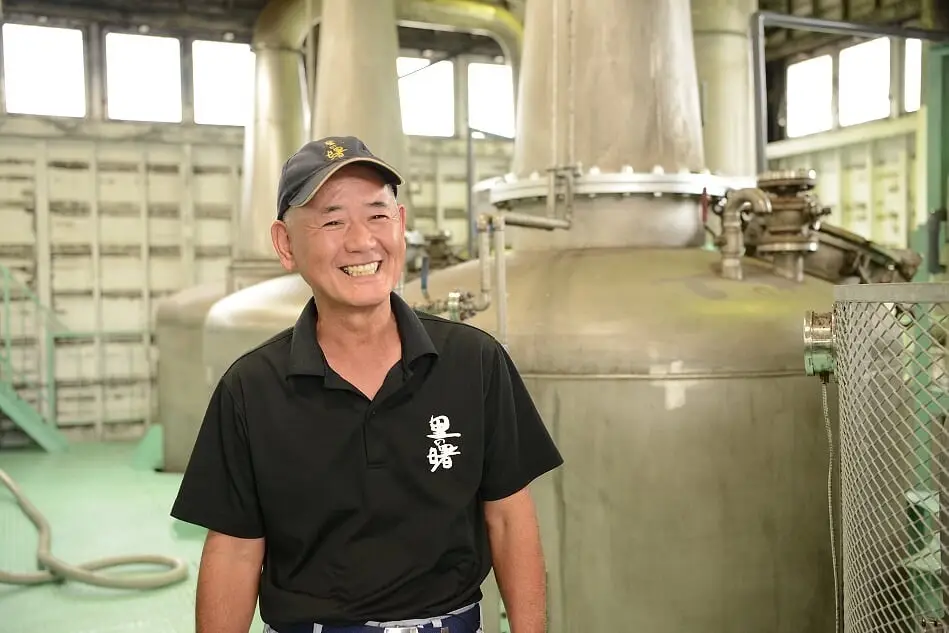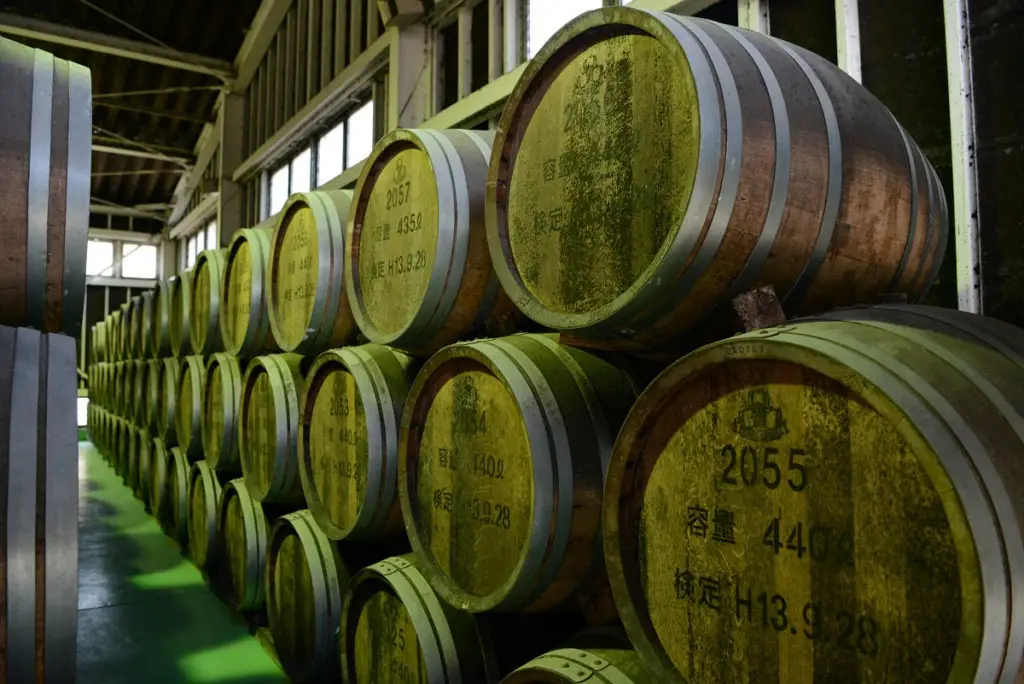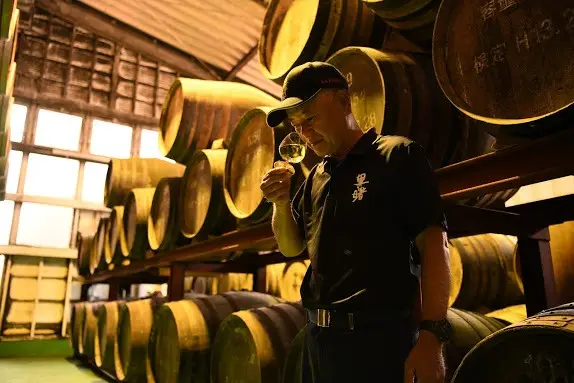A Chat with Nankai Shochu’s Master Distiller, Yoichiro Haseba
We recently has a chance to chat with Shochu Master Distiller Yoichiro Haseba, who is behind our two award-winning products, Nankai Shochu and Nankai Gold. Both of these kokuto, or “black sugar,” shochus are produced via vacuum distillation on Amami Island, Japan.

Q: What placed you on the path to learn about shochu making?
A: I had made a promise to my mother to someday return to Amami, and during a transitional period in my former life in construction, Machida Distillery just happened to be hiring. The head of the distillery at the time taught me the techniques and the charms of shochu making. I furthered my education working at sweet potato shochu distilleries, as well as various technology centers.
Q: And how long have you been a distiller?
A: 26 years.
Q: What are some of the most challenging things about making shochu, the areas where you really have to focus your energies?
A: Technically speaking, it’s the quality control and the careful management of temperatures. But ultimately, it’s really about the human elements, protecting the legacy of our shochu making with spirit and heart.

Q: What makes Nankai different from other black sugar-based shochus?
A: Black sugar is quite expensive to produce. [Editor’s note: Black sugar is pure unrefined sugarcane that has been boiled into a syrup over a long period of time and then dried. It requires roughly 100kgs of sugarcane to make 10kgs of black sugar.] And we use the highest amount of black sugar for our shochus (80% by volume compared to 60-65% with other makers). We’ve been making shochu for a very long time now, at least 60 years. And we were the first to make vacuum-distilled black sugar shochu.
Q: To those outside of Japan that may not yet know the beauty of shochu, what do you want to communicate to them?
A: Shochu, like many other craft spirits, is deeply rooted in a region’s agriculture and traditions. Shochu can compete against the spirits of the world with its unique flavor, originality, and countless regional variations. With our kokuto shochu, I would love to introduce Amami’s culture and spirit to the world.

Q: Nankai Gold is often compared against whisky. What is the appeal of a barrel-aged black sugar shochu versus a whisky?
A: There are legal restrictions, definitions, as to how dark a shochu’s color can be, before it’s no longer considered a shochu. So, it’s definitely a challenge to extract strong flavors from oak casks without also taking on more color. However, barrel-aging and blending does allow for incredible expressions of our black sugar shochu with unique and high quality flavors and characteristics that can’t be replicated with a whisky.
Q: When you were first conceiving of and producing Nankai Gold, what were the goals you had in mind?
A: I wanted to create something that someone would enjoy a long sip of as a reward at the end of a long day. Something that could proudly represent our distillery.
Q: What types of shochu are you planning to make in the future?
A: We’re actually working now on many small experiments in our research workshop. I want to develop new and special methods that only apply to black sugar shochu.
Stay tuned for more interviews with our partners and friends as we explore the world of shochu together.


